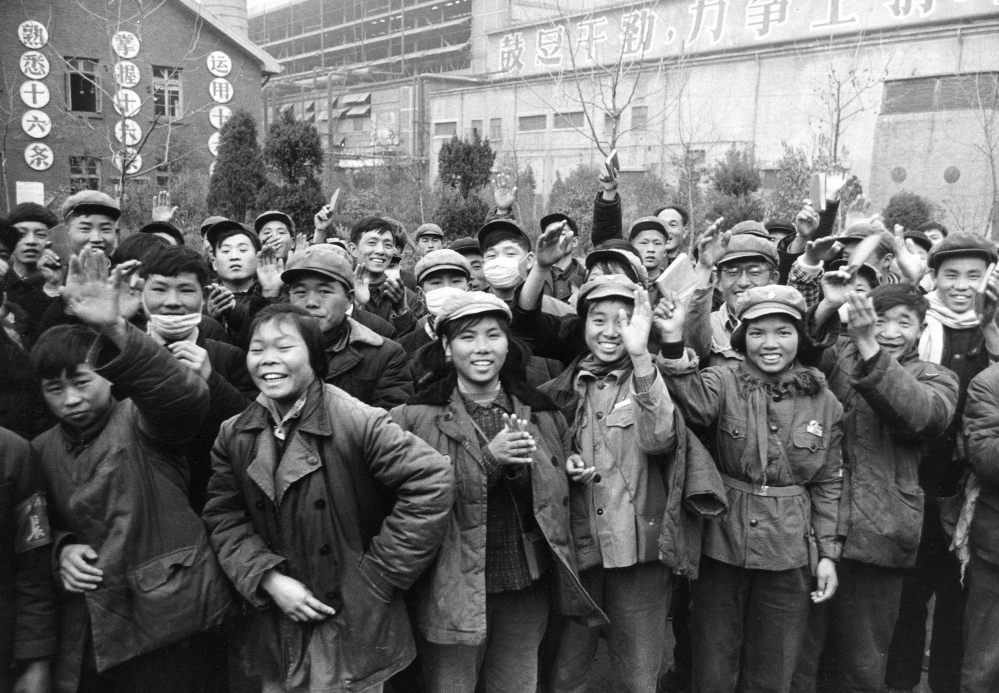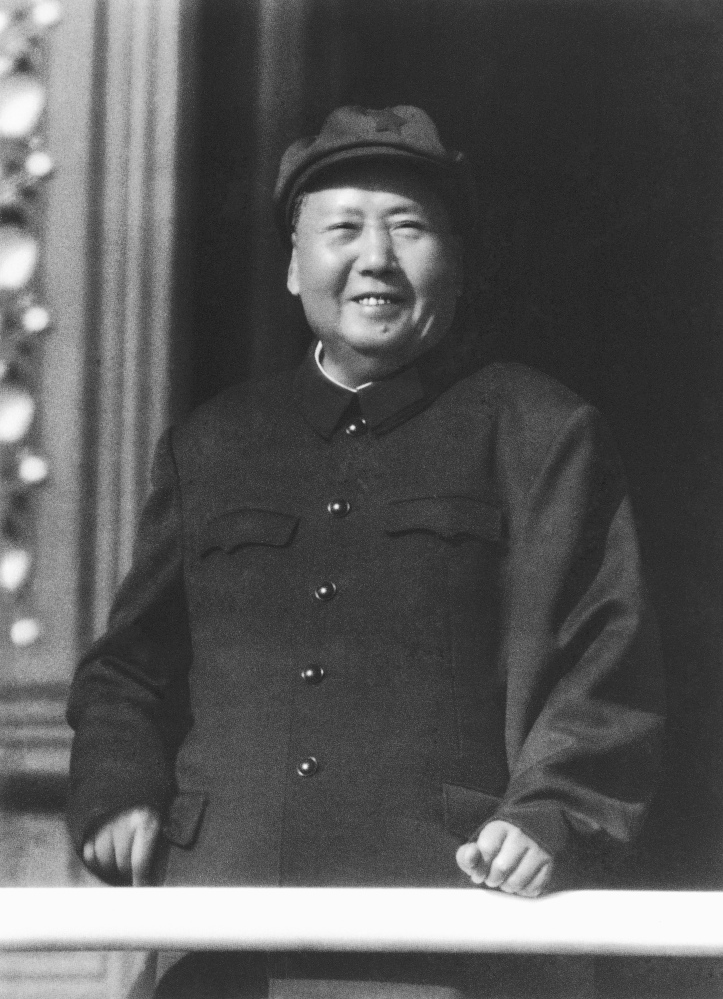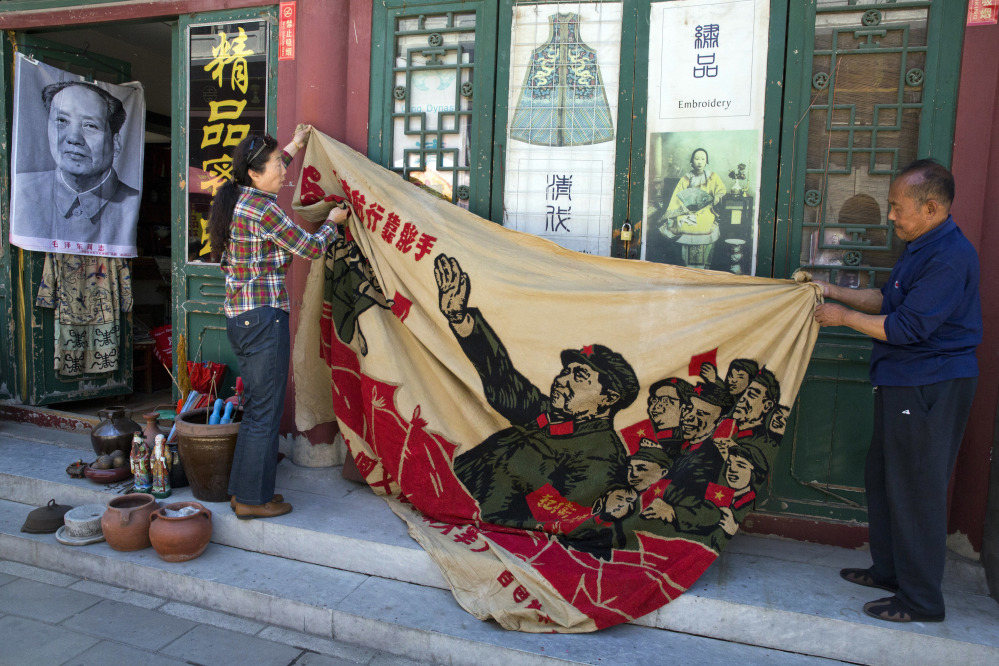BEIJING — During China’s decadelong Cultural Revolution, from 1966 to 1976, an estimated 1.7 million people died amid a frenzy of ideologically driven violence, more than three times the death toll of the Syrian civil war. And that’s just the official estimate – independent historians say the real number may be millions more.
Yet on Monday, China marked the 50th anniversary of the movement’s beginning not with solemn reflection, but with silence.
The Communist Party, which oversaw the movement, is still in power today, and officials believe that a truth and reconciliation effort could damage its historical claim to legitimacy.
On Monday, Chinese newspapers barely mentioned the anniversary. Instead, the China Daily ran stories on fast food, organ transplants and panda bears. The People’s Daily, a party mouthpiece that effectively launched the movement in 1966 with a front-page call to “seize the power of the capitalist roaders,” reported on President Xi Jinping’s use of the term “political ecology.”
Experts say that although the party has consigned the Cultural Revolution to history – top authorities condemned the movement in 1981 – its legacy of cruelty still pervades Chinese society.
In the late 1960s, bands of Maoist “Red Guards” beat intellectuals to death; armed factions clashed in major cities; and countless cultural relics were destroyed.
In today’s China, experts say, the brutality is more subtle, and more diffuse. Aggrieved patients murder their doctors; labor disputes end in bloodshed; good Samaritans are mocked online; and accident victims are left to die on the streets, unaided.
“If you compare Stalin’s era at its worst, the brutality and the inhumanity that was inflicted on Soviet citizens were generally inflicted by the party-state,” said Steve Tsang, an expert on Chinese politics at the University of Nottingham. “The cruelty that was imposed in the Cultural Revolution did not come from Mao (Zedong). He never said, ‘Be cruel to the people you struggle against.’ … Mao never said, ‘Beat the hell out of them until they die.’ Mao didn’t ask for these things. He created the environment, an atmosphere that encouraged and sustained excessive behavior.”
“The way the Cultural Revolution changed peoples’ mindsets has never really been faced,” he said. “And so you continue to see this kind of cruelty.”
Online forums and social media sites carried slightly more information on the movement, but also showed signs of heavy censorship.
Searches for “Cultural Revolution” on Baidu, China’s leading search engine, brought up several results, including a slideshow of propaganda posters during the movement and a forum exploring why some people recall the era with nostalgia. None examined the era’s violence or reflected critically on its historical legacy.
Yet Sina Weibo, the country’s most popular microblog, was peppered with recollections of the movement’s horrors.
“During the Cultural Revolution, my parents and grandma had been in Beijing for years but their house was raided, as they were classified as ‘landlords,'” wrote Hu Xijin, editor in chief of the state-run Global Times tabloid, which issued no stories about the anniversary.
“My most terrifying memory is from when I was 6,” he continued. “Red Guards pushed my grandma to the ground and called her ‘landlord,’ and slapped her. She cried. And then grandma left Beijing and was sent back to her hometown.”
Send questions/comments to the editors.





Success. Please wait for the page to reload. If the page does not reload within 5 seconds, please refresh the page.
Enter your email and password to access comments.
Hi, to comment on stories you must . This profile is in addition to your subscription and website login.
Already have a commenting profile? .
Invalid username/password.
Please check your email to confirm and complete your registration.
Only subscribers are eligible to post comments. Please subscribe or login first for digital access. Here’s why.
Use the form below to reset your password. When you've submitted your account email, we will send an email with a reset code.